This article has been written by Rupsa Chattopadhyay. This is a comprehensive article that deals with the case of Bai Tahira vs. Ali Hussain. It also explains the provisions that have been discussed in the case. It expounds the details, background, facts, issues of the case. It mentions the other judgements in which this landmark case has been referred. The case highlights and reiterated the rights of Muslim women along with the intersection of personal law and CrPC provisions relating to maintenance.
Table of Contents
Introduction
“Wherever there is a human being, there is an opportunity for kindness”
—- Seneca
Bai Tahira vs. Ali Hussain Fissalli Chothia (1978) is a landmark case that deals with the right to maintenance available to Muslim women on divorce. It has been discussed in several judgements where the matter of right to maintenance of Muslim women was the fact in issue. Under the Code of Criminal Procedure, 1973 (CrPC), maintenance refers to the legal requirement to support a dependent family member unable to support themselves. Sections 125-128 of the Code deal with the provisions of maintenance. The provisions of Maintenance under the CrPC. are held to be secular. People of any religion can be granted maintenance if they lack the means to maintain themselves, irrespective of their personal laws. This is to grant social security to the destitute and prevent crimes in society.
This article discusses the landmark judgement in-depth, along with the court’s observations on maintenance of Muslim women and conditions when CrPC will apply over and above Muslim personal law. It also proceeds to discuss other landmark cases wherein this case has been cited and discussed. Let us dive into the intricacies of Muslim women’s rights to maintenance!
Details of the case
- Name of Case: Bai Tahira vs. Ali Hussain
- Citation: AIR 1979 SC 362
- Equivalent Citations: 979 AIR 362, 1979 SCR (2) 75
- Subject of Case: Maintenance for the wife after a nominal amount has been paid by the husband
- Case Type: Criminal Appeal
- Petitioner: Bai Tahira
- Respondent: Ali Hussain and Anr.
- Court: Supreme Court
- Bench: V.R. Krishnaiyer, V.D. Tulzapurkar, R.S. Pathak
- Judgement Date: 6th October, 1978
- Held: Every person who has been divorced is held to have the right to maintenance. The dissolution of marriage does not dissolve this legal right.
Background of the case
Maintenance is a social welfare provision to uphold the requirements of the dependents including divorced wives who lack means to support themselves adequately. Maintenance is a welfare law. Such laws are for the purpose of delivering the noble object of the Legislature. When welfare laws are directed to helpless women, the essence Article 15(3) of the Constitution of India must bestow meaning on such laws. The mentioned Section provides for special provisions for upliftment of women, particularly in the form of reservation. Maintenance aims to serve the same purpose. Welfare laws serve the spirit of the Directive Principles of State Policy (Articles 36-51) granted under the Part IV of the Constitution of India.
The Constitution of India, in its entirety, enforces the rights of the downtrodden sections of the society. Section 125-128 of the Cr.PC. reflects and expands the values of the Constitution in favour of the persons unable to support themselves by granting them a right to maintenance.
Facts of the case
In this case, the husband who is the respondent wedded the wife (petitioner) as his second wife. They had a son together. After some years, problems emerged and the husband divorced the wife.
A suit was filed by the wife in which the husband transferred to her the flat in which she was living as well as mehr money (Rs. 5,000/-) and iddat money (Rs. 180/-) through a consent decree.
The compromise stated that the applicant had declared that she ceased to have a claim or right against the defendant. Afterwards they lived together and again got separated. The appellate (wife) moved the Court of the Magistrate for maintenance under the provision given under Section 125 of the CrPC for the monthly payment for her and her son. This claim was granted.
An appeal was made to the sessions court by the husband to challenge the grant of this claim. The claim was allowed on the bizarre interpretation that the court lacked the jurisdiction under Section 125 to determine whether the applicant was a wife.
The Bombay High Court summarily dismissed the revision petition without paying any special attention to the matter. After that, a further appeal was made to the Apex Court.
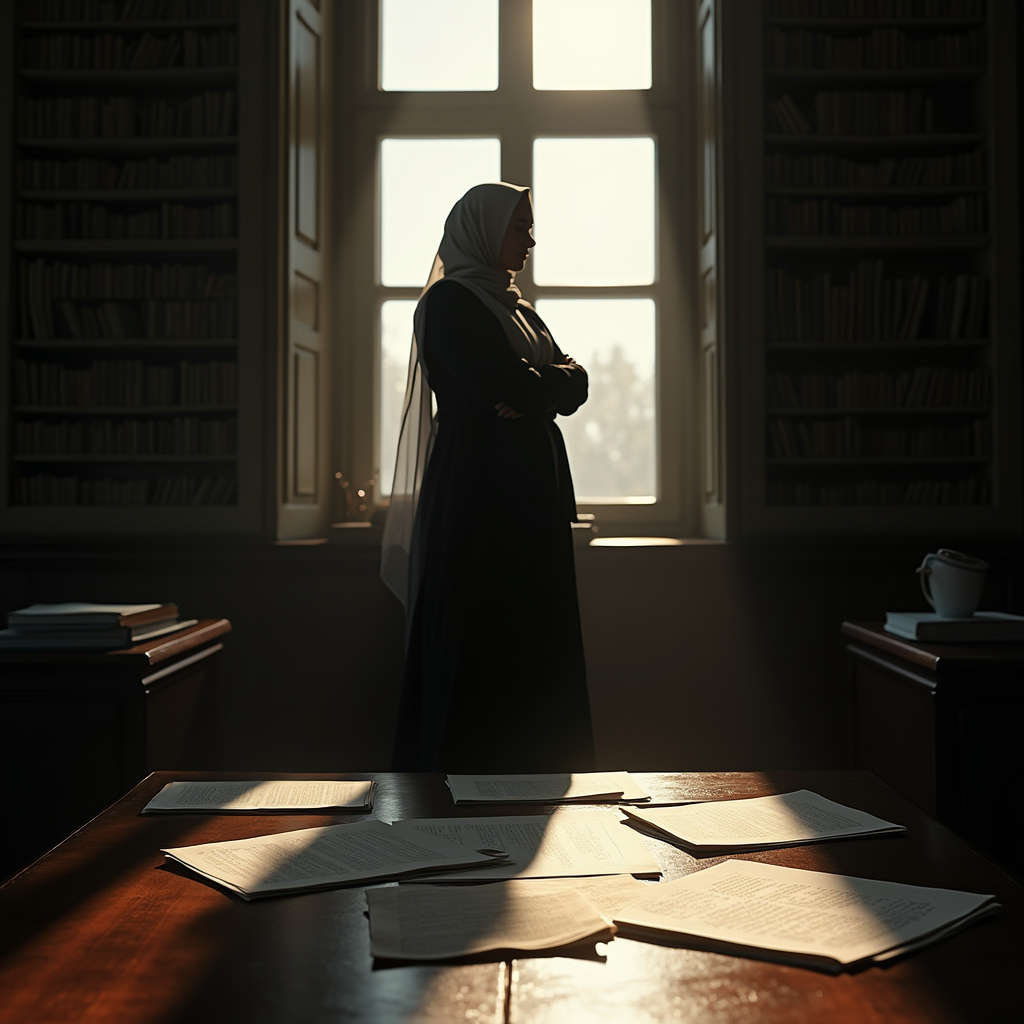
Issues raised in the case
The following issues were raised in this case:-
- Whether for the purpose of Section 127(3) of the Code, the term “sum” includes the Mehr received by Muslim women under their personal law.
- Whether maintenance can be claimed under Section 125 when Mehr has been paid. for the
- Whether the wife can claim further maintenance after the nominal amount is paid by the husband.
Laws involved in Bai Tahira vs. Ali Hussain Fissalli Chothia & Anr (1978)
This case discusses the provisions of Maintenance as given under Chapter IX, Section 125 of the CrPC. Under the newly passed Bharatiya Nagarik Suraksha Sanhita, 2023 maintenance is granted under Chapter X, Sections 144-147.
Section 125 of the CrPC or Section 144 of BNSS
As per Section 125 of the Cr.PC, the following people can claim maintenance:-
- Wife:
A wife who lacks the means to maintain herself, has the right to claim maintenance from her husband. For the purpose of Section 125, a “wife” includes a woman who has obtained a divorce from her husband and has not remarried yet.
- Children:
Those children, both legitimate and illegitimate who cannot maintain themselves may claim maintenance from their parents.
- Parents:
Parents who are unable to maintain themselves may seek maintenance from their children under the provision. In this case, children include married daughters.
Section 125 of the Code of Criminal Procedure, 1973 relates to Section 144 of the new law. Maintenance has not been defined in either the Code of Criminal Procedure or the Bharatiya Nagrik Suraksha Sanhita, 2023. (BNSS). Maintenance is a form of substantive law social welfare provision for the subsistence of women, children and elderly unable to maintain themselves. This provision serves to empower them, provide their basic needs and prevents crimes due to desperation.
A wife shall not get maintenance or interim maintenance if she has been living either in adultery or refuses to live with her husband without any sufficient reason for living separately. If the husband contracts marriage with any other woman or keeps a mistress, it shall be considered a justified ground for the wife not leaving her husband.
Section 127 of the CrPC or Section 146 of BNSS
Section 127 provides for alteration in maintenance allowance. It has been stated that in case of change in circumstances of a person who has been receiving maintenance or interim maintenance to a dependant as per as orders of a court, the magistrate has the power to make alterations in maintenance or interim maintenance as the case may be.
Section 127(3) states that in case of divorced wives,order of maintenance or interim maintenance may be cancelled in the following cases:-
- The woman has remarried. In case of remarriage, the order may be cancelled from the date of marriage.
- The woman has received a considerable sum under customary or personal law from her husband on divorce.
- The woman has voluntarily surrendered her rights to maintenance or interim maintenance.
This case deals with Section 127(3)(b) of the CrPC, 1973. The said provision provides maintenance to a wife and grants the possibility of adjustment of allowance. It relates to Section 146(3)(b) of the Bhartiya Nagarik Suraksha Sanhita, 2023.
Article 15(3) of the Constitution of India
Article 15(3) of the Constitution of India is a provision for the upliftment of women. The provision is an affirmative measure and a form of protective discrimination. It has been referred to in this judgement and reflects its spirit. Article 15 of the Constitution prohibits discrimination on the grounds of religion, race, caste, sex or place of birth. Article 15(3) states that Article 15 shall not prevent the State from making special provisions for women and children. This is because women and children are considered to be backward sections of the society.
Arguments of the parties
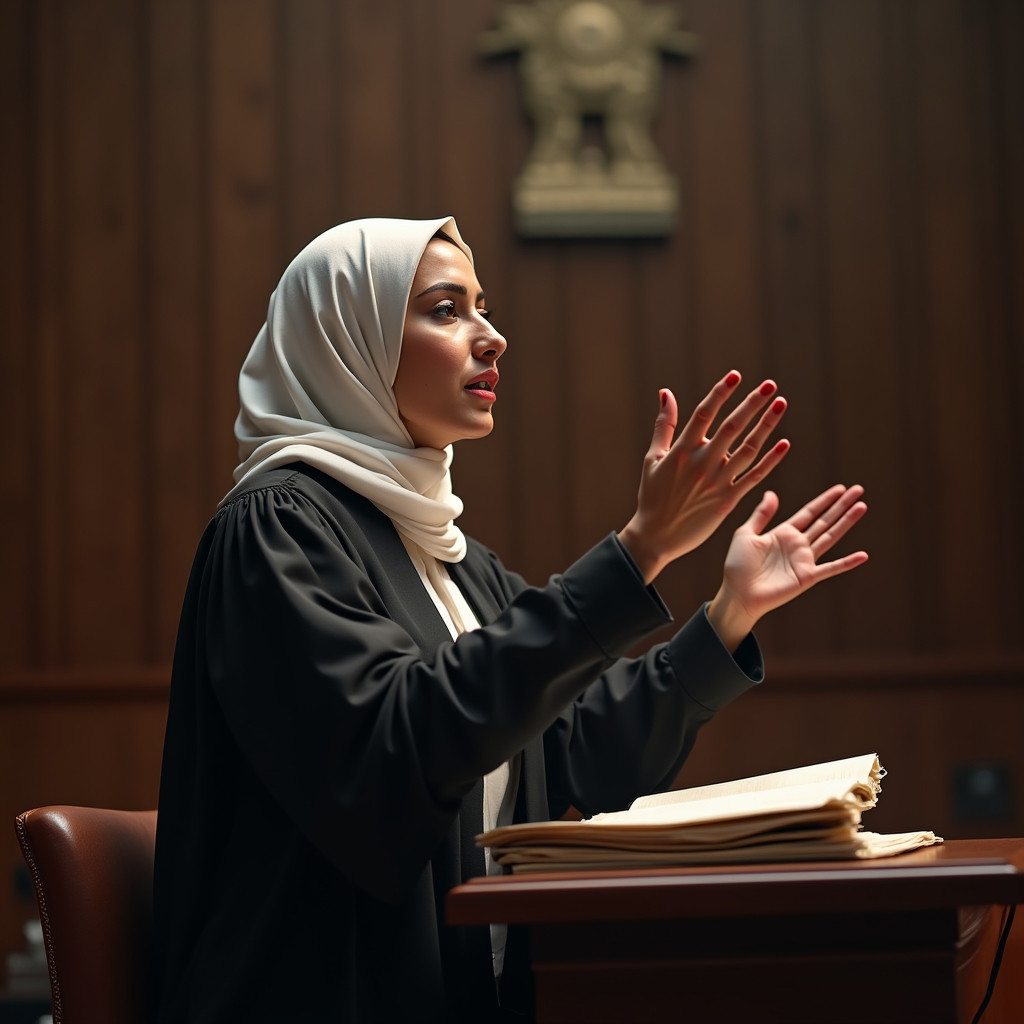
The following arguments were presented by the petitioner (appellant) and the respondent:-
Petitioner
Shri Bhandare, while representing the petitioner stated that the courts had forgotten what is clearly given in Section 125(1)(b) of the CrPC. which defines wife to include a woman who has been divorced by or obtained divorce from her husband and has not yet remarried.
The counsel for the petitioner accepted that though his client was divorced, she was still entitled to maintenance under Section 125. This simple provision intended to uphold the rights of divorced wives has been curiously ignored by the lower courts. He stated that every eligible divorcee was entitled to maintenance and the breakdown of marriage makes no difference to the right granted under the Code. In normal cases, the order for maintenance has to follow the quantum as decided by the Magistrate at the trial level.
Respondent
Shri Sanghi represented the respondent and presented the following arguments for his client:-
- Section 125(4) is applicable only when it is proved that the woman is not living separately under mutual consent.
- There has to be proof it must be proven that there was neglect to maintain the wife.
- There ceases to be a claim of maintenance due to the passing of the consent decree and the payment of mehr and iddat money. Thus, since the mehr and iddat money has been paid there is no further need for maintenance.
Judgement of the case
The Apex Court held that:-
- Divorce implies that the husband orders the wife to leave their marital home. Therefore, the argument that a claim to maintenance is invalid without mutual consent to live separately is flawed.
- There has been neglect to maintain in this case.
- The amount of mehr paid by the husband is extremely meagre and not enough to sustain herself in the city she lived
The Apex Court held that a proportionate amount of maintenance will be granted. Mehr falls under Section 127(3)(b). Mehr is a form of bridal wealth obligation. It is an obligation of the groom to pay some amount in any form such as money, furniture, home goods, jewellery etc to the bride at the time of the wedding. Mehr is usually specified in the marriage contract signed on marriage. Mehr may be agreed on marriage but paid on a later date. Even after mehr is granted a wife can be granted maintenance under Section 125 of the Code.
The Court stated that the payment of mehr cannot substitute maintenance unless it is a sufficient amount. Maintenance is rooted in social welfare and not custom. A husband cannot claim exemption from maintenance under Section 125 unless he is shown to have paid a sum under personal law which is equal to or greater than the amount due under maintenance.
After considering the case, the court allowed the appeal and restored the verdict passed by the Trial Court.
Relevant judgements which referred to Bai Tahira vs. Ali Hussain (1979)
Danial Latifi & Another vs. Union of India (2001)
Facts of the case
Danial Latifi & Another vs. Union of India (2001) deals with Muslim Women (Protection of Rights on Divorce) Act,1986.The constitutional validity of the said statute was challenged in the court. The husband had paid mehr of Rs. 300/- to his wife on divorce and claimed that he had no further obligation to pay her. In the Mohd. Ahmed vs. Shah Bano (1985) case, the court held that in case of the inability of the wife to support herself, the husband has the obligation to pay maintenance beyond the Iddat period. After this, the Parliament passed the Muslim Women (Protection of Rights on Divorce) Act, 1986. The Act limits the payment of maintenance till the iddat period. The petitioner challenged the constitutional validity of the Act.
Issues of the case
The following were main issues dealt with in the case:-
- The constitutional validity of the Muslim Women (Protection of Rights on Divorce), 1986.
- Whether Muslim women are restricted from getting maintenance beyond the iddat period under the Muslim Women (Protection of Rights on Divorce) Act, 1986.
- Whether such restriction discriminates against Muslim women when women of other religions can get maintenance under the CrPC.
Judgement
The Supreme Court of India held that the husband has the obligation to pay maintenance beyond the iddat period. Under Section 3(1)(a) of the Muslim Women (Protection of Rights on Divorce) Act, 1986 the obligation extends beyond the iddat period. A divorced woman who has not remarried can claim maintenance from her relatives. The Apex Court held the constitutional validity of the Act. It was stated that the Act did not violate the fundamental rights granted under the Constitution of India. It did not lead to a loss of rights of Muslim women compared to other women.
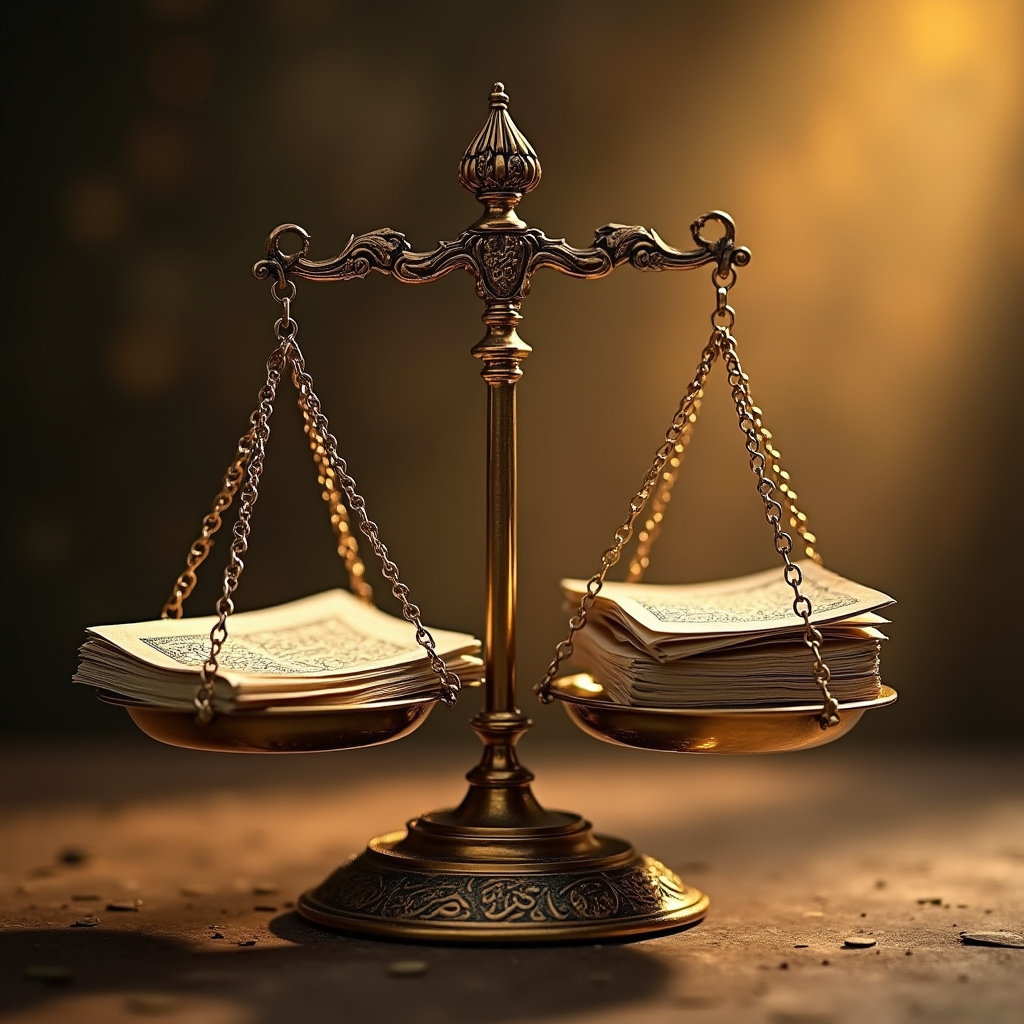
Fuzlunbi vs. K. Khader Vali and Ors. (1980)
Facts
The case of Bai Tahira v. Hussain Ali was also discussed in Fuzlunbi vs. K. Khader Vali and Ors (1980). Fazlunbi, the appellant, was the wife of Kader Basha, the respondent. They had a son out of their conjugal bond. The husband held a well-respected position and drew a considerable salary of Rs. 1,000/- per month. He divorced his wife and abandoned her along with their son. Due to destitution, the appellant was compelled to seek maintenance. Under Section 125 of the Cr.PC., she was granted a monthly payment. The Magistrate allowed her a monthly sum of Rs 250/- to the applicant and Rs. 150/- for their child. The husband challenged the grant in the High Court and the grant was reduced to Rs. 100/- per month, though his neglect was acknowledged.
The respondent used the Talaq procedure to further reduce the sum to Rs. 500/- through Mehr and Rs. 150/- to the Iddat to escape the obligation of monthly maintenance which costs more overall.
The Additional First Class Magistrate annulled the grant of maintenance for divorce with maintenance and Iddat dues. The appellate tried to challenge it in the Sessions Court but failed. The applicant, out of sheer desperation, invoked the jurisdiction of the High Court. Under Section 482 of the CrPC., the petition was dismissed by the Division Bench.Hence, the appellant-wife was compelled to approach the Supreme Court.
Issues
The following issues have been raised :-
- What is the intent of Section 127(3)?
- Whether adequate relief had been provided under Section 127(3) of the CrPC.
Judgement
In this case, it was decided that under Section 125-127, the amount paid at the time of divorce has to be reasonable. It cannot be a flimsy amount to release the husband from the obligation of paying the maintenance. The sum paid has to be adequate to maintain the divorced wife and save her from the crutches of penury.
Hence, The appeal was allowed by the Apex Court.
Mohd. Ahmed Khan vs. Shah Bano Begum and Ors. (23.04.1985 – SC)
Facts
In Mohd. Ahmed Khan vs. Shah Bano Begum and Ors (1985), the applicant (husband) is an advocate wedded to the respondent (wife). They had three daughters. After more than forty years of marriage in 1975, the respondent was forced out of their matrimonial home.
In April 1978, the respondent filed a petition against the applicant asking for maintenance of Rs. 500/-. It must be noted that the appellant had a monthly income of Rs. 60,000/- and hence he could provide the maintenance asked for with ease.
In November 1978, the husband divorced the respondent-wife with an irrevocable talaq and used it as a defence to not pay maintenance. He further said that he had deposited Rs 3,000/- as Mehr during the Iddat period.
In August 1979, the Magistrate directed the husband to pay a paltry sum of Rs. 25/- per month.
The respondent made a plea to the Madhya Pradesh High Court to change the sum to Rs. 179/- per month, and the Court increased the sum accordingly.
The applicant challenged the petition in the Supreme Court as a Special Leave Petition.
Issues
The following issues were considered in this case:-
- Whether “wife” includes divorced wife under Section 125 of the CrPC.
- Whether Section 125 overrides the personal law.
- What is the sum payable on divorce under Section 127(3)(b)? Does the sum include Mehr or Iddat?
Judgement
The following points were held by the Court:-
- The divorced wife is entitled to apply for maintenance under this provision.
- Section 125(1)(b) of the CrPC defines “wife” and includes divorced wife. Muslim women also come under the purview of this provision. A divorced Muslim woman will be covered by this Section till she is remarried. Section 125 of the CrPC. is enacted to provide a quick remedy of maintenance to women irrespective of religion. It is a truly secular provision.
- The argument that under the Muslim Personal Law, the husband’s liability to maintain his divorced wife only extends to the period of Iddat is not valid. Mehr is merely the mark of respect of a husband for his wife. If the wife is unable to maintain herself post the Iddat period, she may take recourse to Section 125 of the CrPC.
- There is no conflict between the provisions of Muslim Law and the husband’s obligation to maintain his wife.
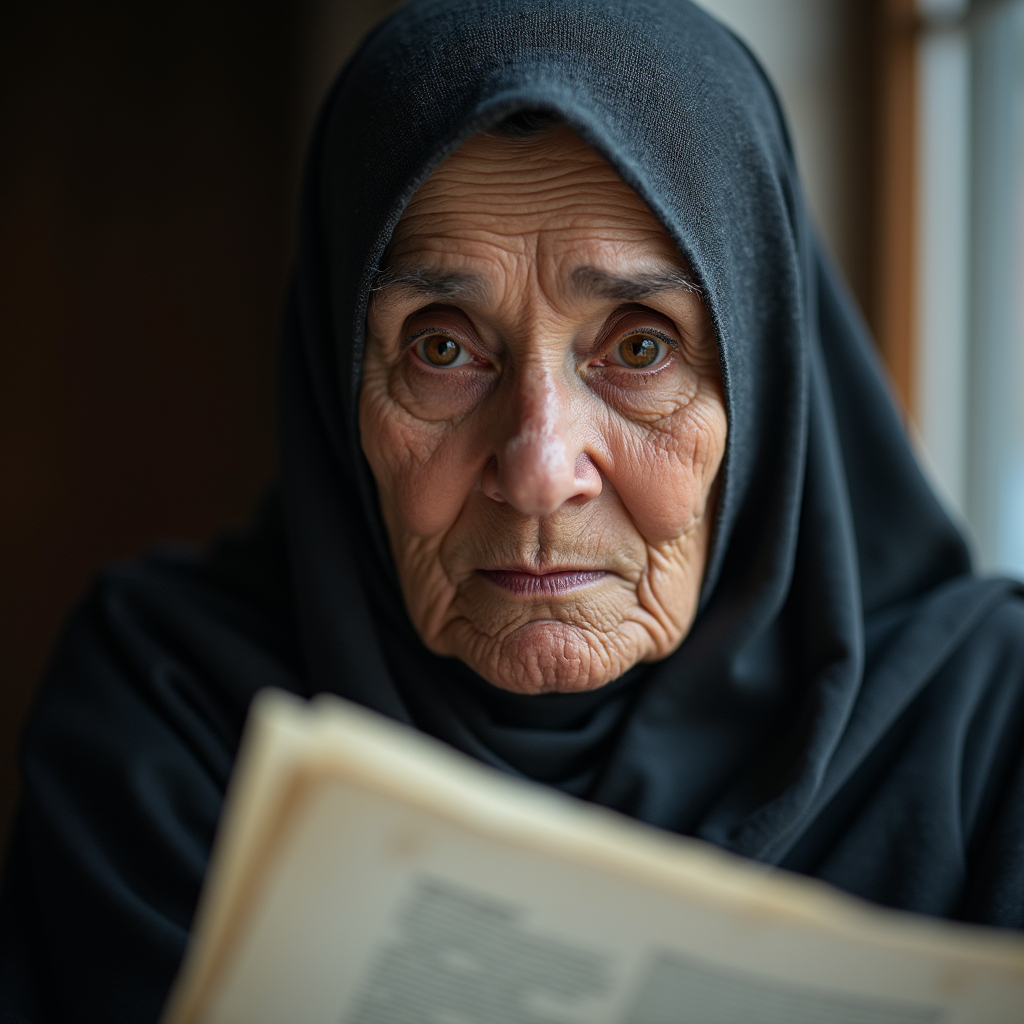
Shamim Ara vs. State of U.P. and Ors. (2002)
Facts
In Shamim Ara vs. State of U.P. and Ors (2002), the Bai Tahira vs. Hussain Ali‘s judgement was referred to. Here, the applicant who is the wife and the respondent (husband) were married under the Muslim Sharia Law. Four sons were born to them out of their marital bond. In 1979, the applicant filed an appeal for maintenance under Section 125 of the CrPC for herself and her two minor sons, charging abandonment and neglect. Such a claim was refused by the Family Court reasoning that because she was already divorced by the time of the filing of the appeal, she was not entitled to maintenance.
However the Court granted maintenance for one son who was a minor. The other son became a major during the proceedings. In September 1990, the respondent denied all the allegations of the appellant through a written statement and held that since he had divorced his wife, she was no longer entitled to maintenance from him. The husband claimed that He claimed Section 3 of the Muslim Women (Protection of Rights Under Divorce), 1986, stating that he had given his wife a house as Mehr. Hence he was no longer obliged to provide maintenance to her.
Further the respondent argued that he had not been paying any maintenance to her since 1988. There was a complete lack of justification of arguments through evidence and testimony of witnesses through evidence and testimony. The Allahabad Family Court accepted the arguments of the respondent based on the affidavit filed by him and dismissed the suit filed by the wife for maintenance. Hence the latter approached the Allahabad High Court to appeal against the decision of the Family Court. The High Court held that the divorce was completed in 1990 when the husband filed a written statement against the appeal. The wife could receive maintenance from 1988 to 1990. A Special Leave Petition (SLP) was filed to the Apex Court against this verdict.
Issues
The following issues were raised in this case:-
- Whether the mere filing of a written statement constituted a valid divorce.
- Whether such divorce would come to effect from the date of filing of written statement if such divorce was valid.
Judgement
The Supreme Court held that no scripture has provided for divorce in the form of a document which becomes effective even in the absence of communication to the person who was being divorced. A written statement cannot be held as a valid proof of divorce. Thus the Supreme Court held that there was no divorce between the husband and the wife in 1990.The obligation to pay maintenance does not end in 1990 and the wife is entitled to get divorce till the obligation comes to an end according to the legal provisions.
Analysis of the Bai Tahira judgement
The purpose of maintenance as given under Chapter IX of the CrPC is social in nature. This is to ensure that divorced wives as well as other dependents are not reduced to penury. The adequacy of maintenance is an important matter taken into consideration by the court, particularly in terms of the expenses of the place and the economy of the times the dependent lives in.
In this case, the payment of the mehr was taken into consideration but due to the meagre amount, it could not replace the maintenance granted to the wife. The Provision of maintenance granted by law takes into consideration that a person does not get double benefit through personal law as well as the maintenance provision granted under the court. If the amount granted under custom is an adequate amount, there is no need to grant maintenance under Section 125. Amount paid under the personal law has to keep away penury and enable the dependant to maintain herself with ease.
The purpose of maintenance under Section 127(3)(b) is to provide maintenance of an equal amount to the dependent as may be granted under Section 125. It is important to ensure that its maintenance is sufficient for sustenance.
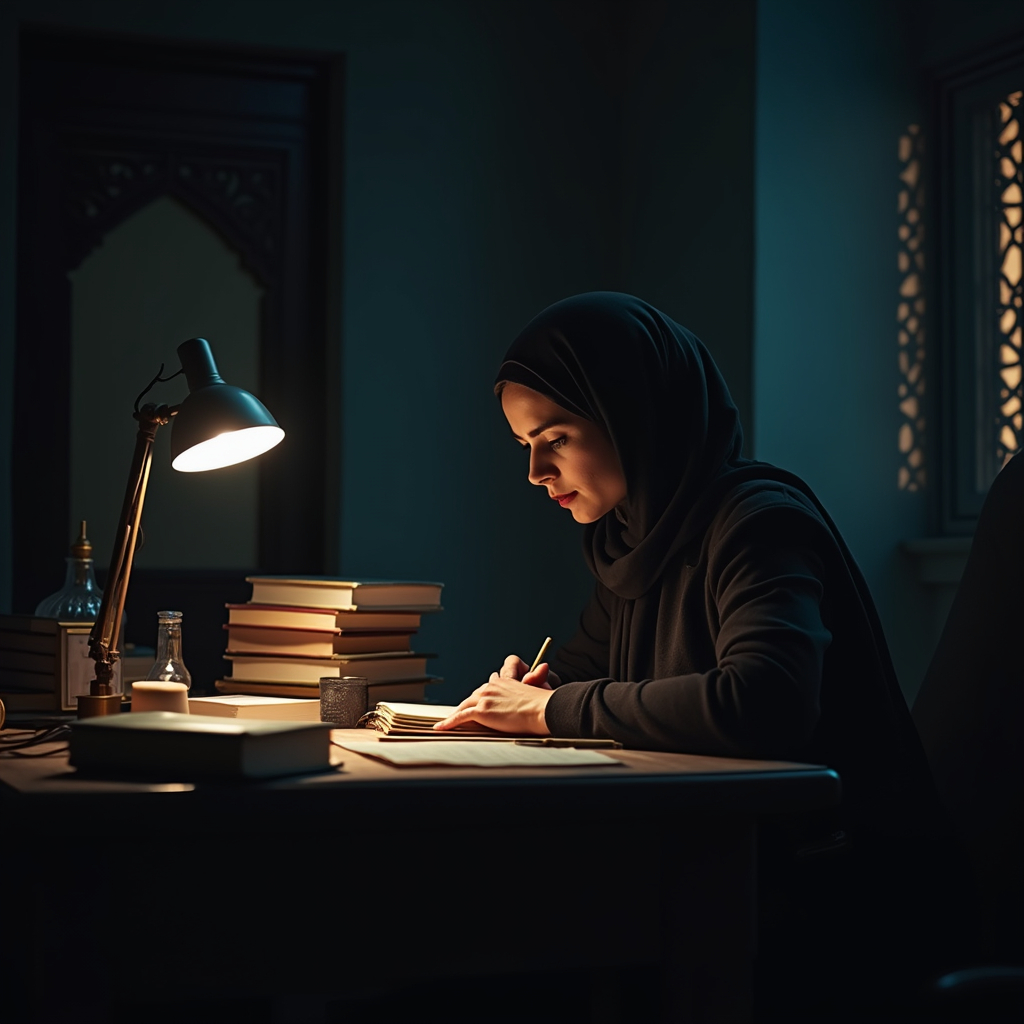
Conclusion
This case is an important case law that discusses the purpose and spirit of maintenance. It also sheds light on the requirement of maintenance and in what cases it may be adjusted. This case has also been referred to in several landmark judgements in the realm of maintenance for Muslim women, which forms groundwork of what is known in maintenance.
Thus in Bai Tahira vs Ali Hussain (1978), it has been seen that maintenance provision intends to see that the amount granted is sufficient for the sustenance even if granted under personal law. If the court considers that the amount is inadequate, the court will grant maintenance under Section 125 of the CrPC.
Frequently Asked Questions(FAQs)
What is the core issue of Bai Tahira A vs Ali Hussain Fissalli Chothia?
The case of Bai Tahira A vs Ali Hussain Fissalli Chothia (1979) was concerned with the grant of maintenance of divorced Muslim wives under Section 125-128 of the CrPC.
Why is maintenance such a debated issue?
The laws of maintenance which aimed to provide fairness and justice are often misused. Striking the right balance between the rights of the dependants and the person on whom they are dependent on is a delicate issue. It is difficult to infer whether maintenance is required and how much maintenance.
Can maintenance be claimed for under the CrPC and Personal Law simultaneously?
In the landmark case of Danial Latifi and Anr vs. Union of India (2001), it was held that if the maintenance provided under the personal law is inadequate, they may claim for maintenance under secular law. A person cannot file for maintenance under both sources, as that will lead to an overlap.
References
- https://www.studocu.com/in/document/cmr-university/family-law-ii/bai-tahira-v-ali-hussain/58705484
- https://blog.ipleaders.in/danial-latifi-v-union-of-india-a-critical-analysis/
 Serato DJ Crack 2025Serato DJ PRO Crack
Serato DJ Crack 2025Serato DJ PRO Crack


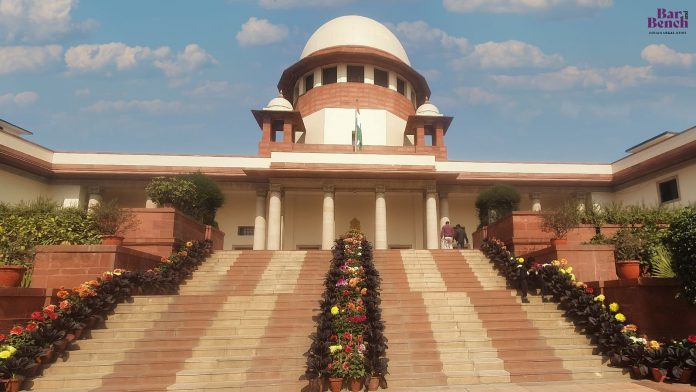







 Allow notifications
Allow notifications


